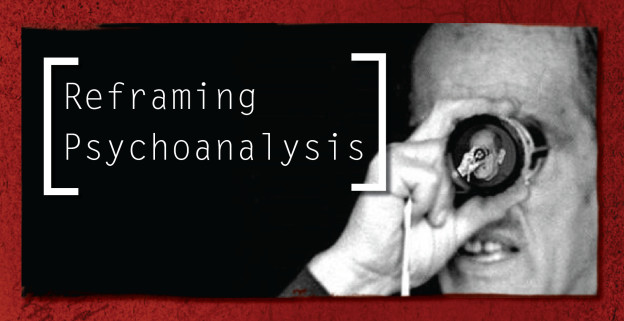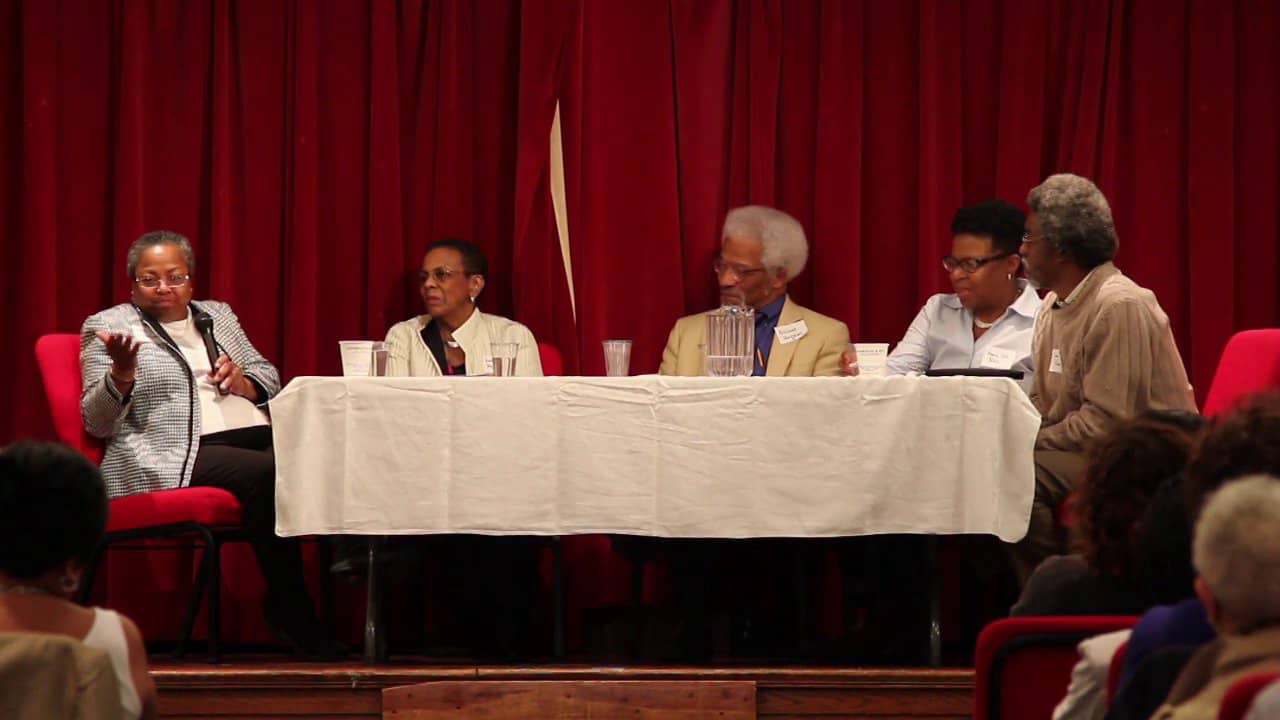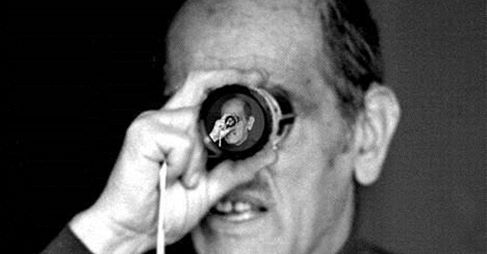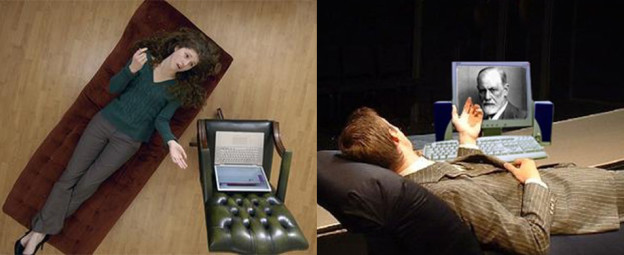Today, we present the first in a series of entries showcasing member profiles and psychoanalytic research projects at CHASE institutions.
We feature the work of Ian Magor, a PhD student at Birkbeck. Magor’s research examines the pooling of expertise between American psychiatrists, filmmakers and the military during the Second World War and its influence on Cold War concepts of brainwashing and thought control. Ian recently completed an MA at Birkbeck in Psychoanalysis, History and Culture, during which he began to make work on video. His work A TRAUMA MONTAGE, (the first video embedded in the full length post below), was recently selected as one of the best video essays of 2015 by online film critics.
If you are a researcher (postgraduate or faculty) working on psychoanalysis in a CHASE institution and would like to join the network and publish your profile at this website, please contact us on repsychoanalysis@gmail.com. Thank you.
A TRAUMA MONTAGE
By Ian Magor (Birkbeck, University of London)
The research I am carrying out for my PhD project is focused particularly on the enthusiasm of the post WWII American psychiatric profession to shift the cause of the country’s extensive psychoneurotic war casualties away from the battleground and into the home. Such a debate highlights how overwhelmingly trauma is associated with war and its associated conditions of shellshock, combat exhaustion and PTSD. I wanted to think about what we might call everyday trauma, the kind that takes us by surprise through an unexpected trigger. A flock of birds, a shake of the head, a wave on a rock. Continue reading




